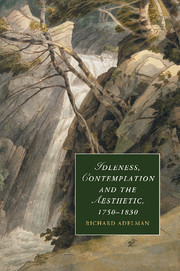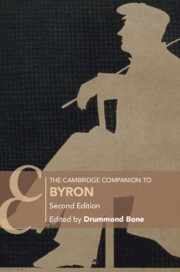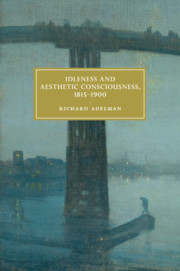Idleness, Contemplation and the Aesthetic, 1750–1830
Beginning with Adam Smith's dictum that labour was the most significant human occupation, and William Cowper's idealisation of 'The Task', Richard Adelman traces the ways in which Romantic writers responded to a debate over the dangers and rewards of idle contemplation taking place in the second half of the eighteenth and beginning of the nineteenth centuries. Evolving over a series of discourses which the book considers at length – Scottish Enlightenment political economy, penal and educational reform debates, literature, British and German aesthetic theory, social philosophy – this debate precipitates the growth of a 'British idealism' in these decades. Exploring the thought of Adam Smith, Jeremy Bentham, Friedrich Schiller, William Cowper, Samuel Taylor Coleridge, Mary Wollstonecraft, and many of their contemporaries, this study analyses the chain of events that leads to this 'British idealism', and considers its social and political consequences in the cultural theory of the first decades of the nineteenth century.
- Offers new insights into positive and negative aspects of the Romantic concept of idleness
- Proposes a new framework for understanding key Romantic poets
- Demonstrates the interactions between British and German thought in this period in surprising areas
Reviews & endorsements
"..explores the importance of the concept of "idle contemplation" as civilizing activity in late-eighteenth-century and Romantic philosophy and aesthetics." -- Studies in English Literature
"An attentive reader of Idleness, Contemplation and the Aesthetic will find her mind pleased and intrigued by the connections the author makes. But Adelman’s book is no passive read—sparks will fly in the reader’s mind as well."
--Eighteenth-Century Fiction
Product details
June 2014Paperback
9781107449176
220 pages
229 × 152 × 12 mm
0.3kg
Available
Table of Contents
- Introduction
- 1. The division of labour
- 2. Utilitarian education and aesthetic education
- 3. Cowper, Coleridge and Wollstonecraft
- 4. Coleridge's pantisocracy, biographia and church and state
- Conclusion
- Epilogue: Wordsworth and Kingsley.





